After decades of difficult and uneven progress, democracy in Central America is experiencing its worst crisis since the militarized authoritarianism of the 1970s. Indeed, none of the presidents of Guatemala, El Salvador, Honduras, or Nicaragua is invited to the Biden administration’s Summit for Democracy.
Nicaragua has shown the worst slide to autocracy. Former revolutionary commander Daniel Ortega just secured a fourth six-year term as president after imprisoning no fewer than seven of his competitors and repressing street protests in recent years, with dozens killed in street protests. Ortega has institutionalized corruption, taken over the judiciary, and persecuted critical journalists and business leaders, including many of his closest colleagues during and after the civil war.
In Guatemala, the Congress has passed laws affording its members impunity for corruption and distorted the legal process for appointing judges. Attorney General María Consuelo Porras has impeded investigations and weakened the prosecutorial unit that convicted hundreds of top officials and politicians with the help of an international anti-corruption commission that was shuttered by the last government.
In El Salvador, the party led by Nayib Bukele, the very popular young president, won control of the legislature this past May, using its first day to illegally replace the Constitutional Court and the attorney general with loyalists. President Bukele has vilified opposition figures, critical journalists, and rights groups, many of whom are being subjected to specious police searches and investigations.
The sitting president of Honduras, Juan Orlando Hernández, was in 2019 named as a co-conspirator by U.S. prosecutors in a narco-trafficking trial targeting his brother, and multiple legislators and officials have been indicted for corruption. But the country may offer a spot of hope. Opposition candidate Xiomara Castro just won the presidency and will soon take office — barring a coup like the one that ousted her husband Manuel Zelaya in 2009.
Presidents in these countries face fewer and fewer checks on their power. State oversight bodies like legislatures, criminal courts, financial audit courts, and attorneys general have increasingly fallen under the control of the executive.
International pressure has proven ineffectual in staunching authoritarian trends. The Trump administration pressured the region’s governments to crack down on emigrants. Those governments moved to mimic President Donald Trump’s behavior in the U.S.: loudly proclaiming their sovereignty, scaling back oversight of the executive, appointing loyalists who did not believe in institutions, maligning independent media, and undermining criminal investigations of corruption.
The Biden administration came in with a stronger emphasis on good governance, anti-corruption, and the rule of law than even the Obama administration. Vice President Kamala Harris (whose initial reaction to being briefed on President Hernández’s implication in drug trafficking was reportedly “Let’s go get him now”) has delivered strong messages in support of clean governance and anti-corruption. The Biden administration has seized assets from some of the region’s corrupt officials and placed others on the “Engel list” to deny them visas. It redirected funding away from the attorney general’s offices in Guatemala and El Salvador after unfavorable personnel changes.
The Biden administration and European donors have strategically pivoted to emphasize strengthening civil society and independent voices like journalists. Yet such efforts take years to bear fruit. Moreover, Nicaragua, Guatemala, and El Salvador have moved to pass laws aimed at intimidating and muzzling critical voices and independent sources of reporting.
One new direction to consider is the strengthening of regional platforms for independent voices and accountability. For instance, regional coalitions of non-governmental organizations could provide political cover and financial mechanisms for NGO work. Many NGOs are looking ahead to a day when they may have to operate from outside the country for their own safety. Regional coalitions or organizations could permit them to operate from neighboring countries.
In addition, donors could press the recalcitrant governments of the region to accept verification of legal processes by reputable regional bodies. The Inter-American Human Rights Commission, for example, could establish a regional body comprising retired officials with reputations for integrity to certify that national laws and regulations have been followed in proposing candidates for key judicial and top prosecutorial posts. International financial institutions like the Inter-American Development Bank could condition their lending and grant-making on the findings of such bodies. They could also condition support on independent national institutions exercising effective oversight and accountability, including non-governmental scrutiny.
International actors could also work more actively with the diaspora. Since people residing abroad do not face politicized police or judicial action in their native countries, they can exercise freedoms of expression and assembly from their new homes. Their voices in social media could help counter government propaganda and defend democratic practices and rights.
A more ambitious response would be to withhold bilateral funding and financing from international institutions in exchange for specific enhancements in transparency and accountability. It seems reasonable that taxpayers who fund multilateral loans and grants should expect effective oversight bodies and independent courts and attorneys general. Such approaches would show that the international community was serious about fighting autocratic trends in Central America — placing this priority on a par with deterring Central Americans from emigrating.
The Brookings Institution is committed to quality, independence, and impact.
We are supported by a diverse array of funders. In line with our values and policies, each Brookings publication represents the sole views of its author(s).
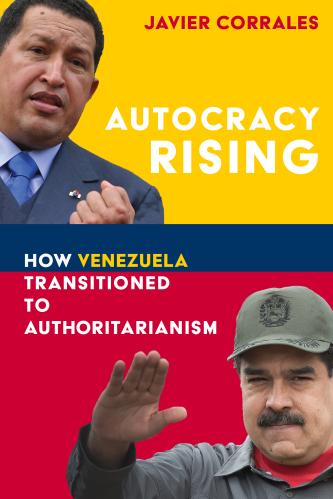
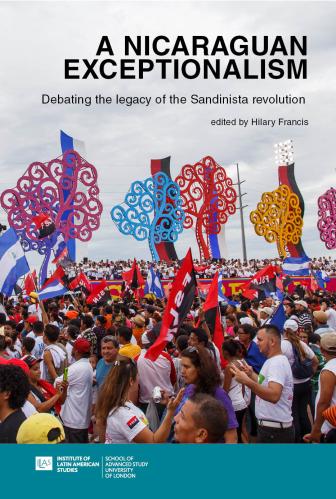
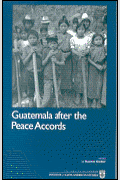
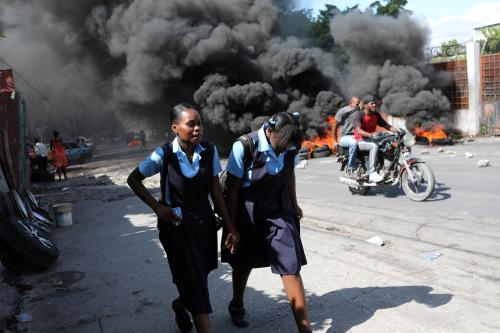
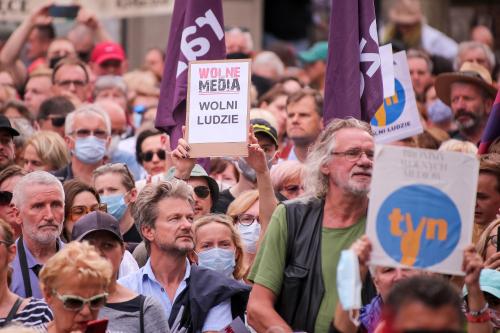
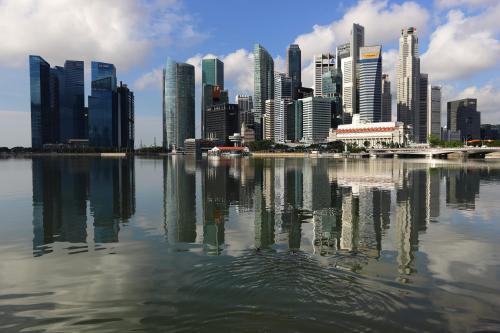


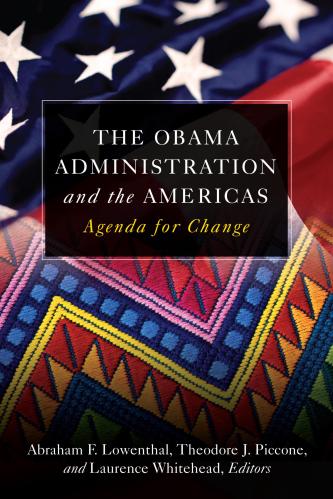
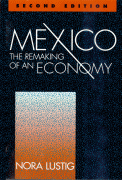
Commentary
Fighting the autocratic slide in Central America
December 3, 2021